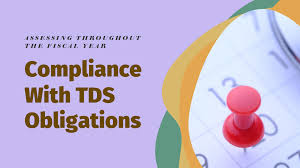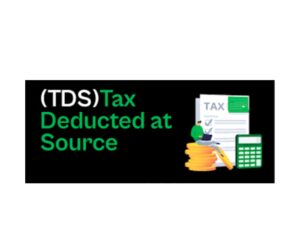
Check TDS compliance in Audit
Check TDS compliance in audit, To Check TDS compliance in audit, you can follow these steps:
Obtain TDS Returns:
Request the auditee to provide copies of filed TDS returns (Form 24Q, Form 26Q, etc.) for the relevant assessment years. These returns contain information about the TDS deductions made by the auditee.
Verify TDS Deductions:
Cross-check Deductee Details:
Verify whether the auditee has deducted TDS from payments made to deductees and whether the deductee details match the TDS returns.
Validate TDS Amounts:
Verify the accuracy of the TDS amounts deducted and ensure they comply with the applicable TDS rates and thresholds.
Match TDS Payments:
Review Challans:
Examine the challans or payment details to ensure that the deducted TDS amounts have been paid to the government treasury within the due dates.
Cross-verify with TDS Returns: Match the TDS payment details with the corresponding TDS returns to ensure consistency.
Validate TDS Certificates:
Verify TDS Certificates:
Check whether the auditee has issued TDS certificates (such as Form 16 or Form 16A) to the deductees within the prescribed timelines.
Cross-check Details:
Ensure that the TDS certificates contain accurate information regarding the TDS deductions made and other required details.
Assess Compliance with Due Dates:
Check Timely Filing:
Verify whether the auditee has filed the TDS returns within the prescribed due dates based on the frequency applicable to them (monthly or quarterly).
Assess Timely Payment:
Ensure that the TDS amounts have been deposited to the government treasury within the specified due dates.
Scrutinize TDS Compliance Documentation:
Review Supporting Documents:
Examine the supporting documentation, such as invoices, agreements, contracts, or other relevant records, to substantiate the TDS deductions made by the auditee.
Validate Record-keeping:
Assess whether the auditee has maintained proper records of TDS deductions, TDS certificates, challans, and other relevant documents as required by the tax laws.
Identify Non-compliance:
Identify any instances of non-compliance, such as non-deduction or short deduction of TDS, late filing, or late payment of TDS.
Evaluate Penalties and Consequences:
Assess the potential penalties, interest charges, or other consequences applicable for non-compliance with TDS provisions.
Document Findings:
Document the findings of the TDS compliance review during the audit process.
Note any instances of non-compliance, discrepancies, or areas for improvement in the auditee’s TDS compliance.
It’s important to note that the specific procedures and requirements for Check TDS compliance in audit may vary depending on the auditing standards, laws, and regulations of your jurisdiction. It is advisable to consult with a professional auditor or refer to the applicable auditing guidelines to ensure comprehensive and accurate Check TDS compliance in audit review.
To visit: https://www.incometax.gov.in
